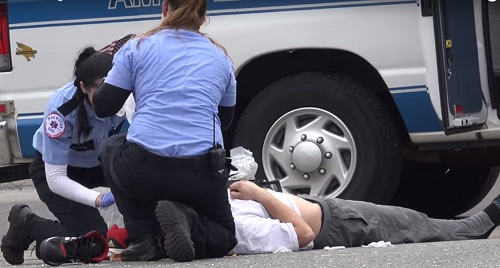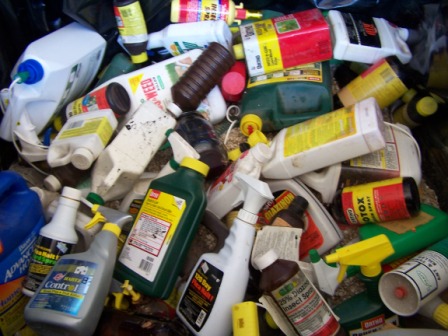DEA New England Division Special Agent in Charge Brian D. Boyle announced today that the SouthCoast region of Massachusetts will be the second location in the Northeast to initiate a comprehensive Diversion Control, Law Enforcement and Prevention “360 Degree Strategy” to help cities dealing with the fentanyl, heroin, and prescription drug abuse epidemic, and the associated violent crime. Boyle announced this strategy to the public today, along with SouthCoast political and community leaders, local, state and federal law enforcement, and medical professionals, substance abuse prevention and treatment experts.
“We must continue to find new and innovative ways to address the growing abuse of fentanyl, heroin and prescription drugs, and the violence that stems from these illicit drug trades,” Boyle said. “The 360 strategy brings many agencies together that have dealt with this problem separately, into a unifying, far-reaching and prolonged effort to go after the drug trafficking organizations but also to make the communities resilient to their return.”
“The opioid epidemic is ravaging communities in Massachusetts, bringing with it drug addiction and a staggering number of overdose deaths,” said United States Attorney Andrew E. Lelling. “The investigation and prosecution of fentanyl and heroin suppliers is a key component of law enforcement’s approach. But it leads to an inflection point: when we arrest a fentanyl supplier, we cut off his customers. It is at this moment that the DEA 360 strategy will prove most effective by introducing community partners, who are best-positioned to intervene and provide resources to drug customers, to make an impact. In the end, our goal is to save lives, and that necessitates a comprehensive, 360 degree approach.”
The DEA 360 Strategy is comprised of a three-fold approach to fighting drug trafficking and stemming abuse:
– Enforcement actions targeting all levels of drug trafficking organizations and violent gangs, supplying drugs in our neighborhoods.
– Diversion Control by engaging drug manufacturers, wholesalers, practitioners and pharmacists to increase awareness of the prescription drug and related heroin problem, and to push for responsible prescribing and use of these medications.
– Community Outreach by partnering with medical professionals, governmental and community service organizations to proactively educate the public about the dangers of prescription drug misuse and heroin abuse, and to guide individuals to treatment services when needed.
“The community outreach aspect may be the most important and critical to its indelible success,” Boyle said. “We have to vigorously continue to work on the most effective ways to talk about these programs in ways we’ve never done before in order to stop abuse, addiction and to save lives.”
The 360 Degree Strategy brings together many experts in substance abuse and prevention to address four key groups by engaging in dialogue, providing information and resources to educate young people about the consequences of drug abuse and trafficking:
– Parents/caregivers in the home
– Educators and the classroom
– After school organizations such as the boy and girl clubs and athletic associations
– The workplace
In the short term, the goal of the 360 strategy is to provide as much information as possible in many different forms to reach young people. Officials will work to form a “Community Alliance” that will comprise key leaders from law enforcement, prevention, treatment, the judicial system, education, business, government, civic organizations, faith communities, media, social services and others, to form the core of a long-term group that will cross disciplines to help carry the prevention and treatment messages to the local population during the critical post-operation timeframe.
In the future, DEA and its partners also plan to host multi-day summits to bring community leaders together to look for sustainable, impactful efforts to address drug misuse and abuse, addiction, trafficking and the violence that accompanies it. Other partners will include the U.S. Attorney’s Office District of Massachusetts, Bristol County District Attorney’s Office, New Bedford, Fall River, Fairhaven and Attleboro Police Departments, CADCA, Elks, Greater New Bedford Youth Alliance, Northstar Learning Centers, Positive Action Against Chemical Addiction, Power Forward, and many others.
“There is no community that is safe from the opioid epidemic-this is a threat to our Nation’s public health and safety,” Boyle said. “DEA’s 360 strategy will utilize every community resource possible to reach our young people so we can prevent that first time use and lifelong battle of addiction.”
Parents and children are encouraged to educate themselves about the dangers of drugs by visiting DEA’s interactive websites at https://www.wakeup-southcoast.com/, https://www.getsmartaboutdrugs.gov/southcoast/ and https://www.justthinktwice.gov/southcoast/.
 New Bedford Guide Your Guide to New Bedford and South Coast, MA
New Bedford Guide Your Guide to New Bedford and South Coast, MA








